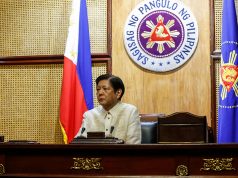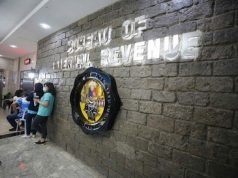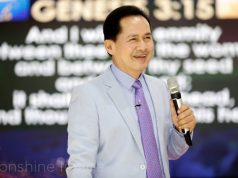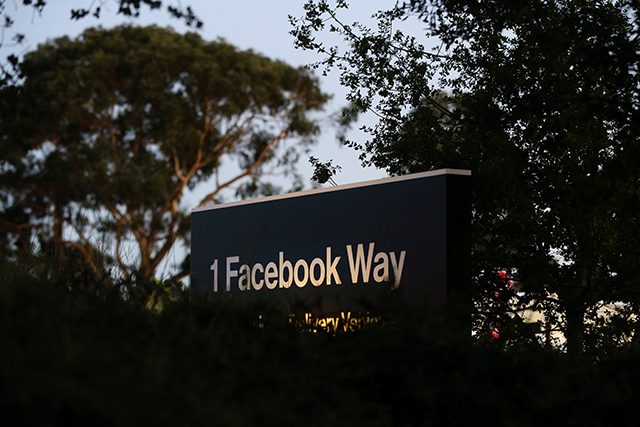
Facebook’s crackdown on spam accounts mostly affected those that support the administration of President Rodrigo Duterte and a few entertainment-related pages.
Since the massive data breach earlier this year, Facebook have been rolling out measures to assure its users that it will not happen again in the future.
After the massive breach and political operators’ gaming of Facebook’s ad system to influence elections, the social network deleted less than a hundred questionable pages.
Crackdown on spam content
Facebook announced on October 22 that it removed a network of 95 pages and 39 accounts it deemed to have violated its “spam and authenticity policies.”
It said that these pages have low-quality content, which may be political or entertainment, and filled with disruptive ads.
Some of the pages on the list are Duterte Media, Duterte sa Pagbabago BUKAS, DDS, Duterte Phenomenon, DU30 Trending News, Hot Babes, News Media Trends, Bossing Vic, Pilipinas Daily News, Like and Win, and Manang Imee, Karlo ang Probinsiyano.
In its statement, Facebook said that one of the 95 pages have at least 4.8 million followers.
“We don’t want this kind of behavior on Facebook — and we’re investing heavily in both people and technology to keep bad content off our services,” Facebook said.
“This is some of the most important work being done at Facebook. This takedown is a small step in the right direction, and we will continue working to find and remove more bad content,” it added.
Many Filipinos praised the social platform for this move.
However, some claimed that Facebook is only targeting online pages that support Duterte.


This was the second round of Facebook’s purging of fake accounts this year as it grapples to earn back the trust of its users following the privacy invasion scandal last March.
In April, Facebook similarly blocked a handful of pro-Duterte pages it suspected of spreading false information on its platform.
But whether Facebook’s efforts could dent the disinformation campaigns with a few hundred deleted spam pages remains to be seen.
Fake news in the Philippines
In July 2017, a study by the University of Oxford found that millions of pesos were spent to fund disinformation networks that benefited winning political candidates in 2016.
The study titled “Troops, trolls and troublemakers: A global inventory of organized social media manipulation” probed into how political parties in 28 countries, including the Philippines, use various strategies to shape the opinion of their constituents.
In here, the researchers refer to the dubious accounts as “keyboard trolls” or “bots.”
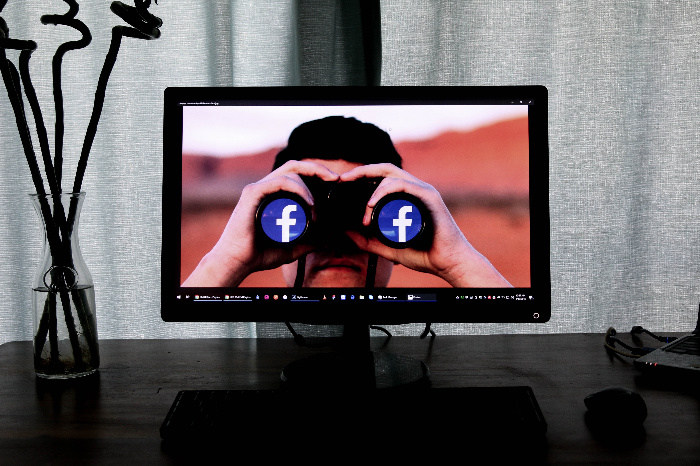
“Many of the so‐called ‘keyboard trolls’ hired to spread propaganda for presidential candidate (Rodrigo) Duterte during the election continue to spread and amplify messages in support of his policies now he’s in power,” the study said.
Bloomberg reported that the chief executive’s public relations operators hired strategists to game Facebook, which is being used by 97 percent of Filipinos, and turn it into a “weapon” against critics online.
“He hired strategists who helped him transform his modest online presence, creating an army of Facebook personalities and bloggers worldwide,” Lauren Etter wrote.
Malacañang, however, denied that Duterte’s clout on social media was due to paid, inorganic networks.







